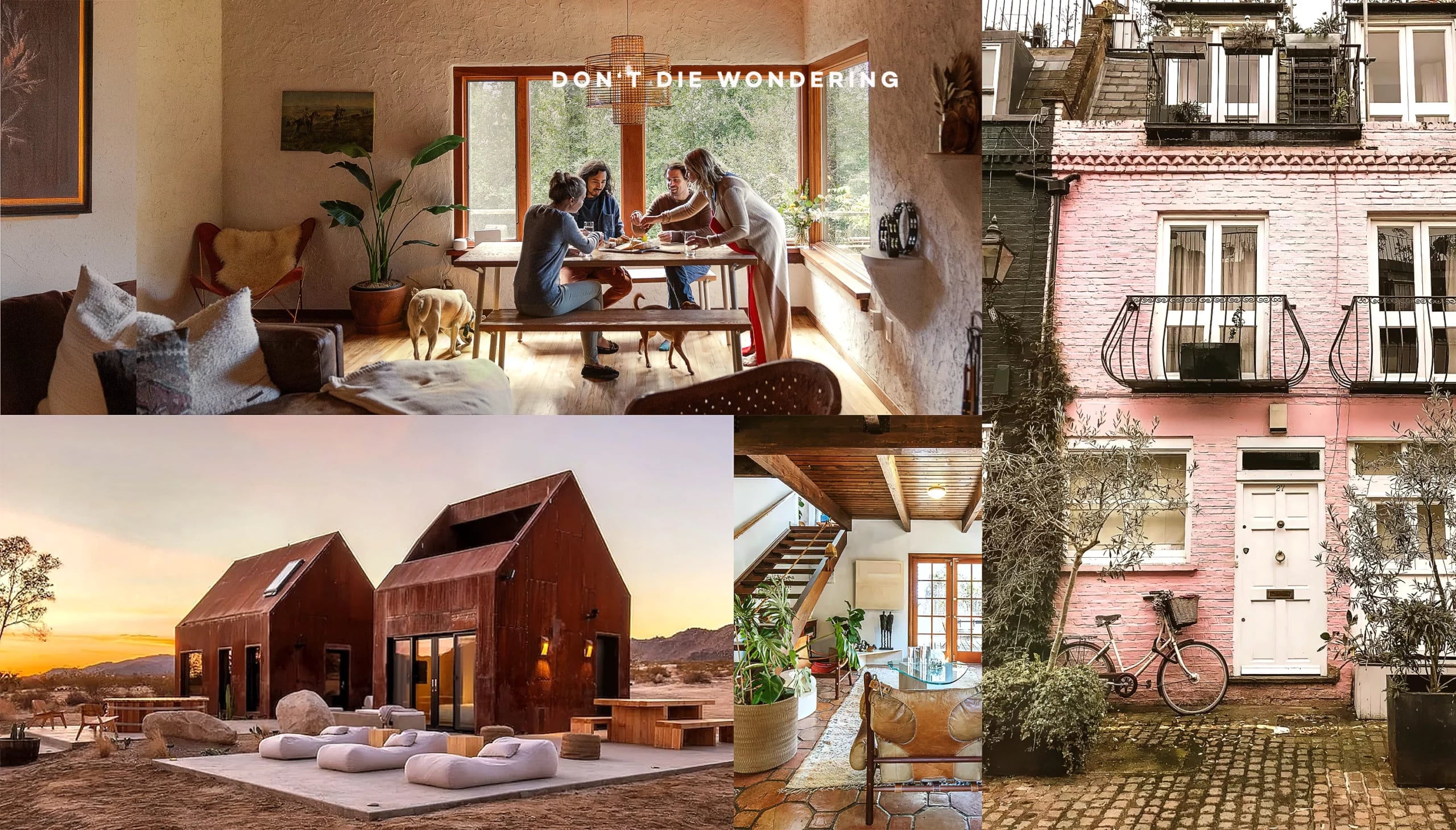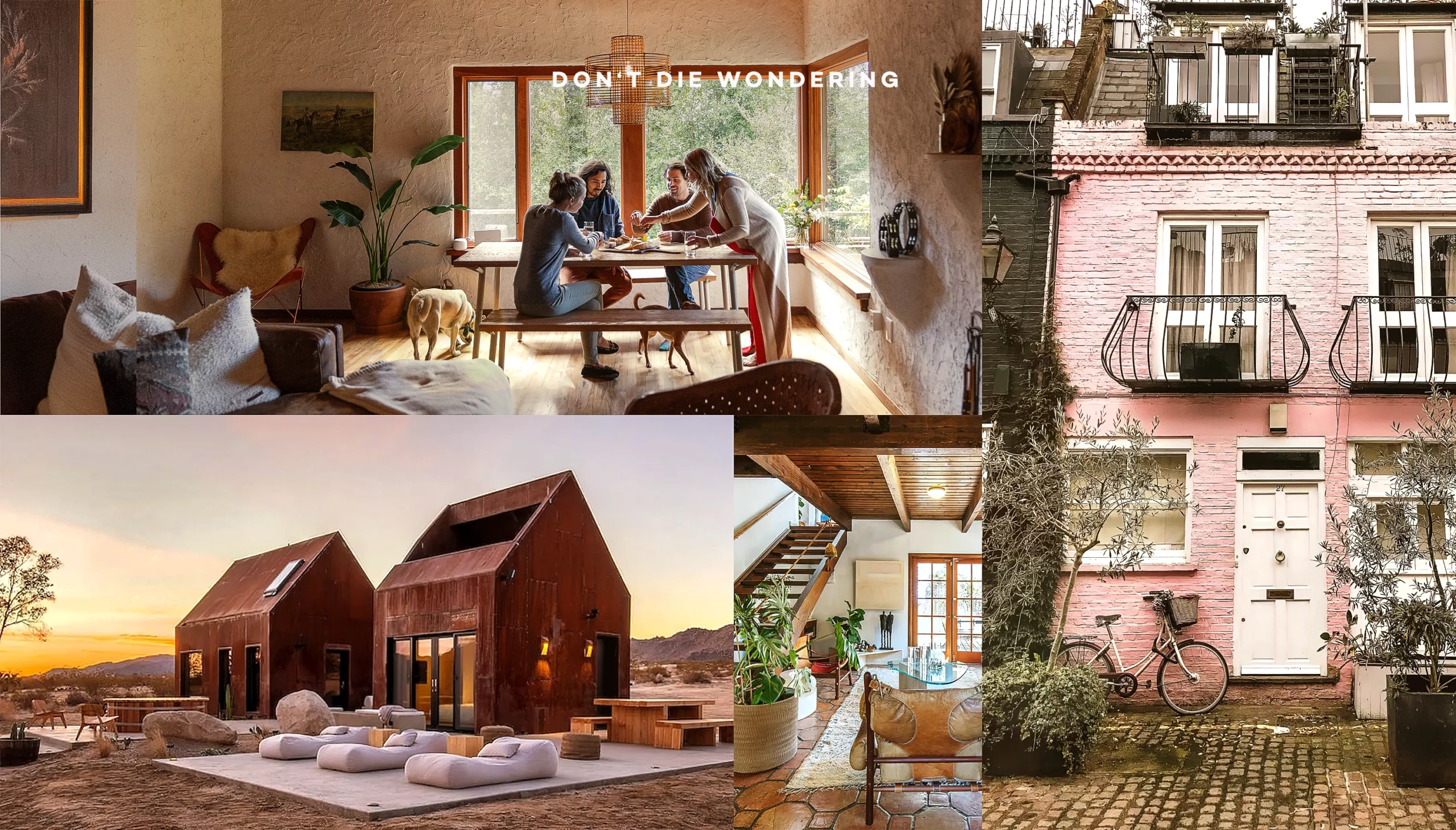Exploring Airbnb’s impact on housing, employment, inequality, and environmental sustainability, this article questions the platform’s alignment with sustainable growth principles.
In just over a decade, Airbnb has revolutionised the hospitality industry, transforming spare bedrooms into profitable ventures and historic flats into tourist havens. Whilst this platform promises economic opportunity through the sharing economy, its rapid expansion has triggered profound changes in urban landscapes worldwide. As cities grapple with these changes, a critical question emerges: Does Airbnb‘s growth model truly align with sustainable urban development?

The Housing Crisis: Beyond Simple Supply and Demand
The impact of Airbnb on housing markets represents perhaps its most contentious legacy. In popular tourist destinations, the platform has fundamentally altered housing dynamics, creating a parallel market that often proves more lucrative than traditional long-term lets. Property owners, enticed by higher profits from short-term lets, increasingly withdraw units from the residential market, creating a cascade of consequences for urban communities.
This shift manifests most visibly in rapidly rising housing costs. Local residents, particularly those in lower-income brackets, face mounting pressure as available housing stock shrinks and prices soar. The phenomenon extends beyond mere displacement—it reshapes entire neighbourhoods, pushing long-term residents towards peripheral areas with fewer amenities and longer commutes. This forced migration not only disrupts communities but also contributes to urban sprawl, straining city infrastructure and transport systems.
The Wealth Gap: Reinforcing Economic Disparities
Whilst Airbnb’s marketing often highlights stories of homeowners earning extra income from spare rooms, the reality reveals a more complex picture of wealth distribution. The platform’s greatest beneficiaries tend to be those who already possess significant property assets. Data consistently shows that a substantial portion of Airbnb revenue flows to hosts with multiple listings, often corporate entities or wealthy individuals who can afford to acquire properties specifically for short-term rental purposes.
This concentration of wealth creates a self-reinforcing cycle. Property investors, armed with capital and market knowledge, can outcompete local residents for available housing, further driving up prices and rental rates. The promise of the sharing economy—democratised access to economic opportunity—gives way to a system that often amplifies existing economic disparities rather than alleviating them.
Employment Transformation: The Shift from Stability to Gig Work
The rise of Airbnb has precipitated significant changes in hospitality sector employment. Traditional hotels, despite their limitations, typically offer structured employment with benefits, trade unions, and career advancement opportunities. In contrast, the Airbnb model largely relies on a fragmented workforce of independent contractors and cleaning services, often operating without employment protections or benefits.
This transformation extends beyond simple job displacement. Workers in the Airbnb ecosystem frequently face challenges with job security and predictable income streams. The lack of health benefits and pension schemes creates long-term financial vulnerability. Professional development opportunities become scarce, and the atomised nature of gig work weakens collective bargaining power. These changes disproportionately affect workers who previously relied on the hospitality industry for stable employment, contributing to broader economic instability in urban communities.

Environmental Considerations: The Hidden Ecological Cost
Despite its association with the sharing economy, Airbnb’s environmental impact raises significant concerns. The constant turnover of short-term guests creates substantial ecological pressure through increased energy consumption for frequent cleaning and climate control. Water usage soars with the demands of regular laundry and cleaning services. The transient nature of short-term stays generates more waste through single-use products and packaging, whilst the movement of tourists in and out of residential areas amplifies carbon emissions through increased mobility.
In cities already struggling with overtourism, these environmental pressures compound existing challenges. The transformation of residential areas into tourist zones often increases local traffic, strains waste management systems, and accelerates the degradation of urban infrastructure.
Regulatory Challenges: Cities Playing Catch-Up
Perhaps the most pressing challenge facing municipalities is the regulatory vacuum surrounding short-term lets. Unlike traditional hospitality businesses, Airbnb operations often operate in legal grey areas. Cities struggle to collect appropriate tourism and occupancy taxes from these properties. Enforcing safety and health standards becomes increasingly complex in residential buildings converted to quasi-hotels. The integrity of planning regulations faces constant pressure, whilst efforts to protect affordable housing stock encounter numerous obstacles.
Cities worldwide have attempted various regulatory approaches, from strict licensing requirements to outright bans in certain areas. However, enforcement proves challenging due to the platform’s decentralised nature and the rapid evolution of its business model. This regulatory lag leaves cities struggling to address the platform’s negative externalities whilst still fostering innovation in the sharing economy.
Towards Sustainable Solutions
Addressing Airbnb’s impact on urban sustainability requires a nuanced approach that balances innovation with community needs. Effective policy solutions should include implementing strict limits on the number of days properties can be listed annually, whilst requiring primary residence status for short-term letting permits. Progressive tax structures can discourage multiple property listings, and dedicated funds from Airbnb tax revenue can support affordable housing initiatives.
Communities need robust safeguards through comprehensive neighbourhood impact assessments and local resident councils that review short-term letting applications. Cities must develop displacement prevention programmes for vulnerable communities whilst supporting traditional hospitality workers through economic transition programmes.

Conclusion: Balancing Innovation and Sustainability
Airbnb’s transformation of urban housing markets exemplifies both the promise and peril of platform-based businesses in the sharing economy. Whilst the service has created new economic opportunities and transformed travel experiences, its growth model often conflicts with principles of sustainable urban development and economic equity.
Moving forward, in an effort to promote more sustainable development, cities must develop comprehensive frameworks that harness the benefits of short-term letting platforms whilst protecting community interests. This balance requires active collaboration between platforms, policymakers, and communities to ensure that the sharing economy truly serves all stakeholders, not just property owners and investors.
The future of sustainable urban growth depends on our ability to integrate innovative business models like Airbnb into our cities without sacrificing social equity, environmental sustainability, or community welfare. Only through thoughtful regulation and inclusive policy-making can we ensure that the benefits of the sharing economy extend to all members of society whilst preserving the character and liveability of our urban spaces.


